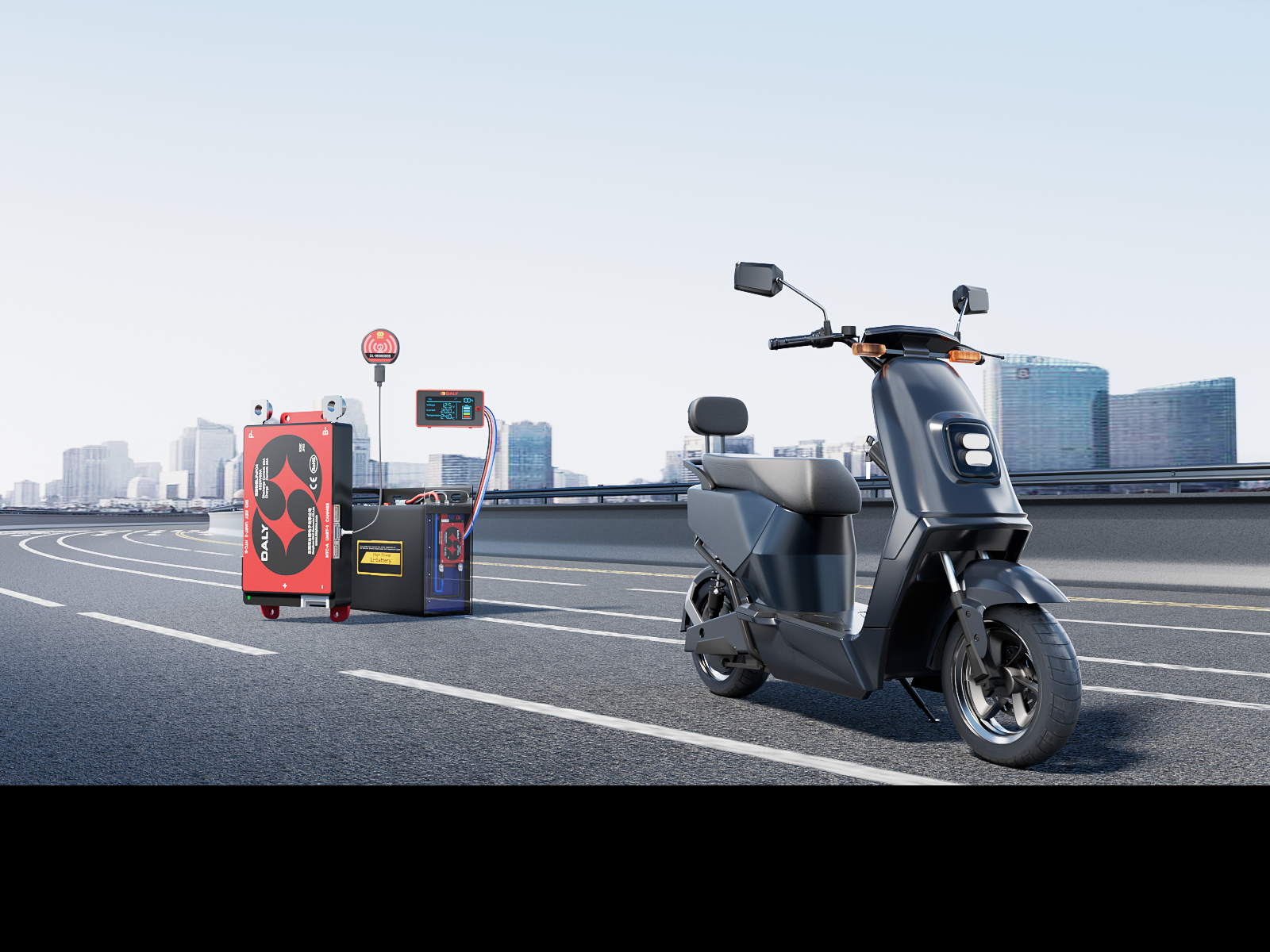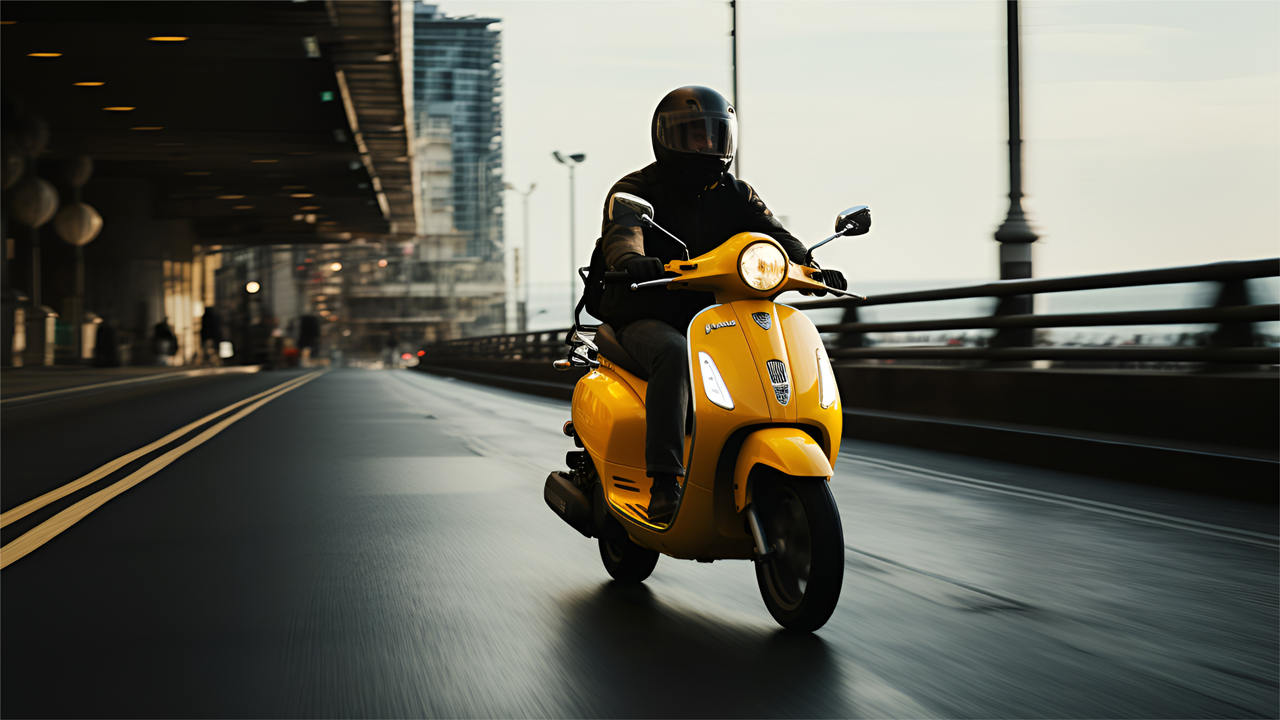Daly BMS, a globally recognized leader in Battery Management System (BMS) technology, has officially introduced its specialized solutions tailored for India's rapidly growing electric two-wheeler (E2W) market. These innovative systems are specifically engineered to address the unique operational challenges present in India, including extreme ambient temperatures, frequent start-stop cycles typical of congested urban traffic, and the demanding conditions of rugged terrain found across various regions of the country
Core Technical Features:
- Advanced Thermal Resilience:
The system incorporates four high-precision NTC temperature sensors that provide comprehensive overheating protection, ensuring stable operation even when exposed to India's most extreme climatic conditions. This thermal management capability is critical for maintaining battery performance and safety during prolonged exposure to high ambient temperatures
- Robust High-Current Performance:
Engineered to support continuous discharge currents ranging from 40A to 500A, these BMS solutions accommodate various battery configurations from 3S to 24S. This wide current range capability makes the systems particularly suitable for challenging Indian road conditions, including steep hill climbs and heavy load scenarios commonly encountered by delivery fleets and commercial two-wheeler application
- Intelligent Connectivity Options:
The solutions feature both CAN and RS485 communication interfaces, enabling seamless integration with India's evolving charging infrastructure and emerging battery swapping networks. This connectivity ensures compatibility with various charging stations and supports smart grid integration for optimized energy management


"India's electric two-wheeler sector requires solutions that perfectly balance cost-effectiveness with uncompromising reliability," emphasized Daly's R&D Director. "Our locally-adapted BMS technology has been developed through extensive testing in Indian conditions, making it ideally suited to support the nation's electric mobility transition - from the dense urban delivery networks of Mumbai and Delhi to the challenging Himalayan routes where temperature extremes and altitude variations demand exceptional system resilience."
Post time: Jul-18-2025





